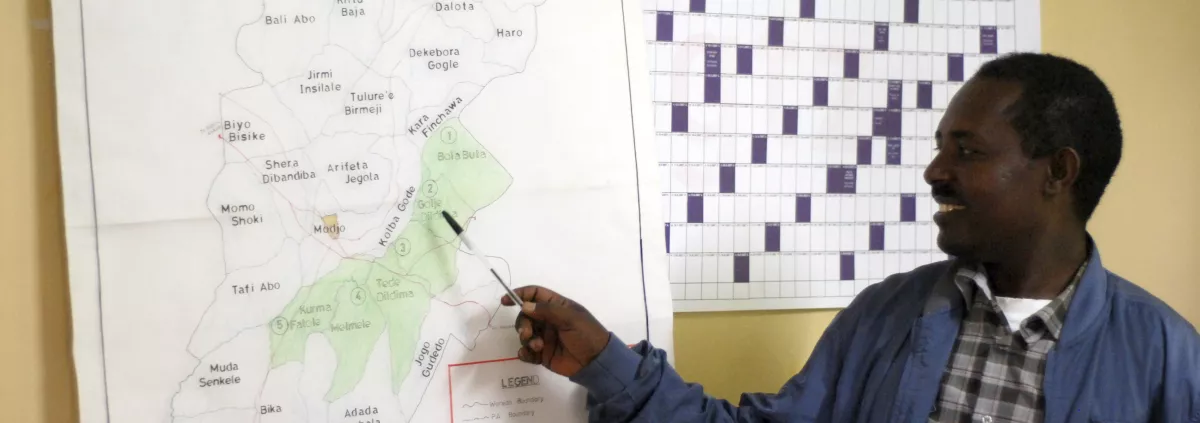Is your city resilient? Does its resilience help its citizens to prosper and flourish?
Join other cities on a pathway to resilience – making the city safer, preventing risks and promoting innovation and investments.
Making Cities Resilient 2030 (MCR2030) is a unique cross-stakeholder initiative for improving local resilience through advocacy, sharing knowledge and experiences, establishing mutually reinforcing city-to-city learning networks, injecting technical expertise, connecting multiple layers of government and building partnerships.
Through delivering a clear 3-stage roadmap to urban resilience, providing tools, access to knowledge and monitoring and reporting tools, MCR2030 supports cities on their journey to reduce risk and build resilience.
Reducing risk and building resilience is a journey. MCR2030's programmatic approach is built around a three-stage "resilience roadmap" that guides cities on how to improve resilience over time. The resilience roadmap is flexible and iterative; cities can enter MCR2030 at any stage gaining access to a range of tools and technical advisory inputs delivered by different partners. Cities make commitments to demonstrate progress along the resilience roadmap.
MCR2030 aims to ensure cities become inclusive, safe, resilient and sustainable by 2030, contributing directly to the achievement of Sustainable Development Goal 11 (SDG11) “Make cities and human settlements inclusive, safe, resilient and sustainable”, and other global frameworks including the Sendai Framework for Disaster Risk Reduction, the Paris Agreement and the New Urban Agenda. It welcomes cities, local governments and all parties who wish to provide support to cities along the resilience roadmap. This new program is an expansion of the MCR Campaign, which successfully reduced disaster risk for thousands of cities from 2010 to 2020.
Learn more about the MCR2030 resilience roadmap, specifically the MCR2030 Dashboard and its Disaster Resilience Scorecard for cities, in this Insight Session!
The session will be delivered by Ms Isabel Njihia, an associate programme management officer at the UNDRR Regional Office for Africa. Ms Njihia has over ten years’ experience working with different stakeholders and levels of government on building local resilience. She has a passion for local solutions designed through participatory processes and is keen to tell success stories in the region and beyond. She is currently the Africa regional focal point for the Making Cities Resilient 2030 initiative. Her work focuses on supporting cities commit to resilience, carry out self-assessments, develop plans and strategies through multi-stakeholder engagement and strengthen vertical and horizontal linkages. Isabel holds an MBA in Strategic Management and Leadership and is a certified Project Management Professional.
